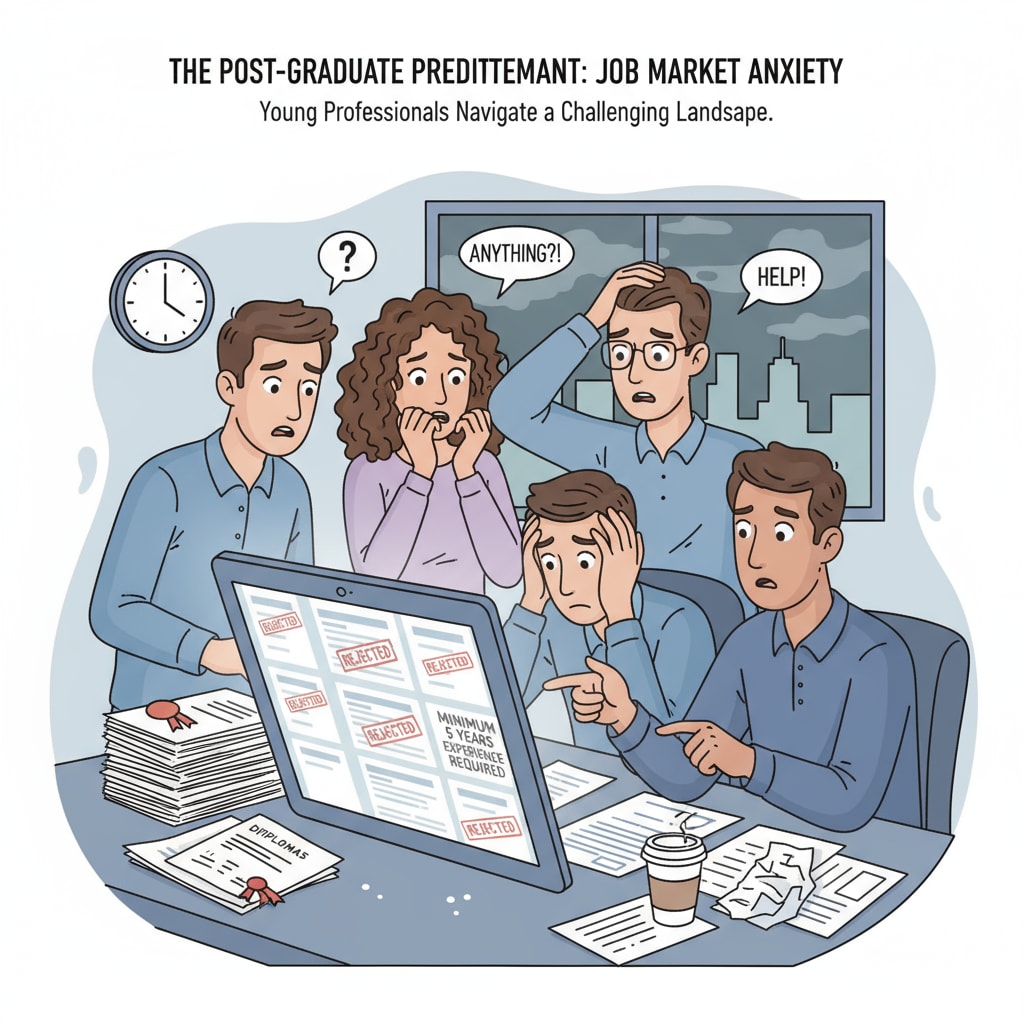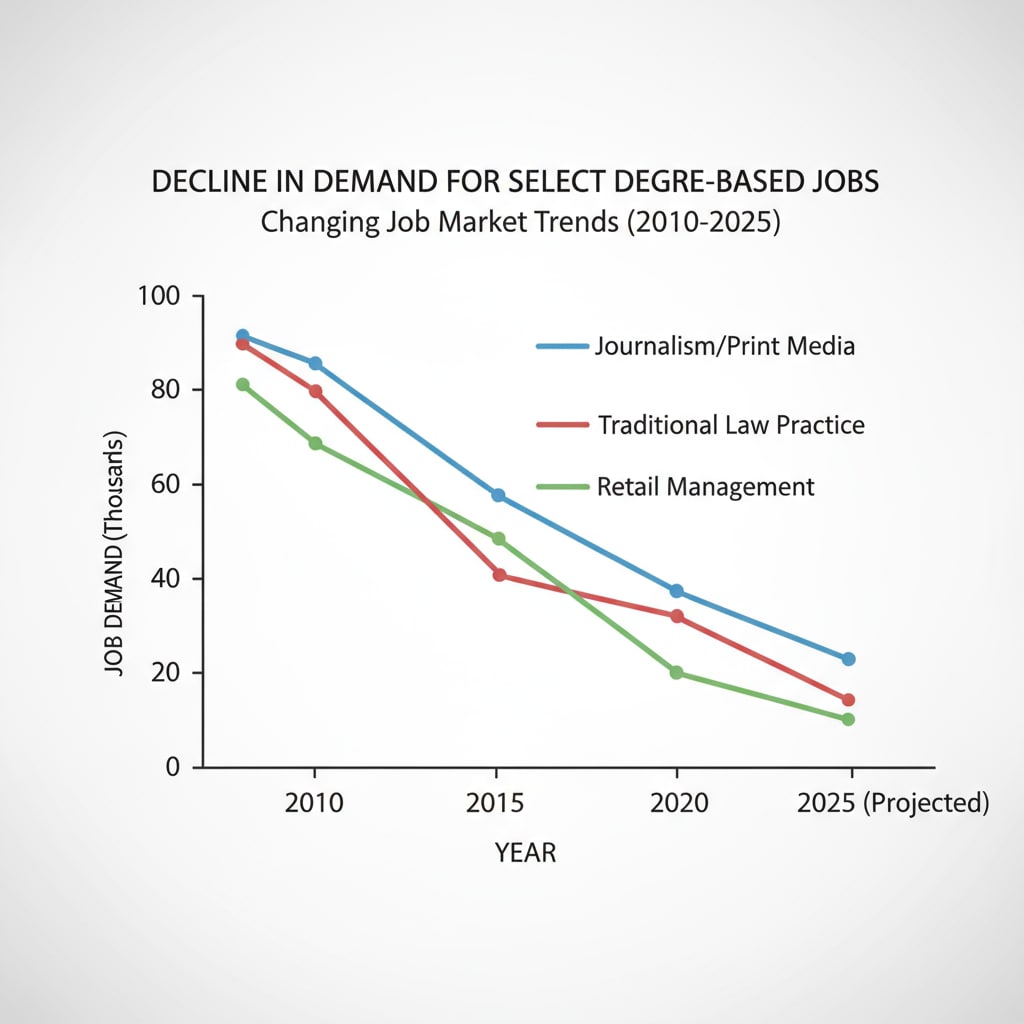In the modern world, the concepts of university degrees, job market, and career development are intricately linked. However, in 2025, the long-held belief that a university degree is a surefire ticket to a successful career is facing unprecedented scrutiny.

As the job market undergoes significant structural changes, the value of a university degree is being called into question.
The Changing Job Market Landscape
The job market in 2025 is vastly different from what it used to be. Technological advancements, globalization, and changing industry demands have reshaped the employment landscape. Job market trends on Wikipedia Many traditional jobs that once required a university degree are now being automated or outsourced. For example, routine administrative tasks in offices are increasingly being handled by artificial intelligence systems. This has led to a surplus of university graduates competing for a limited number of suitable positions.

The Phenomenon of Overqualified Workers in Service Industries
One striking phenomenon in the 2025 job market is the large number of highly educated individuals taking jobs in service industries such as fast food. Despite having invested years in obtaining a university degree, they find themselves in positions that do not fully utilize their academic knowledge. This is not only a waste of their educational resources but also a sign of the misalignment between the skills acquired in university and the skills demanded by the job market. Career development insights on Britannica
There are several reasons for this. Firstly, the curriculum in many universities has not kept pace with the rapid changes in the job market. University courses often focus on theoretical knowledge rather than practical skills that are in high demand in the workplace. Secondly, the increasing number of students pursuing university degrees has led to a saturation of the job market with graduates, making it difficult for them to find jobs that match their qualifications.
Readability guidance: As we can see, the job market situation is complex. We’ve discussed the changing landscape and the overqualified workers in service industries. Next, let’s consider the implications for the K12 education system.
Implications for the K12 Education System
The current job market scenario has significant implications for the K12 education system. It calls for a reevaluation of the educational goals and curriculum. Instead of solely focusing on preparing students for university, K12 education should aim to develop a diverse set of skills, including critical thinking, problem-solving, and practical vocational skills. This will better equip students to adapt to the ever-changing job market and have more viable career options.
Moreover, there should be stronger connections between K12 schools and industries. By collaborating with local businesses, schools can gain insights into the skills that are in demand and incorporate relevant content into their curriculum. This way, students can have a clearer understanding of the career paths available to them and be better prepared for the transition from school to the workplace.
In conclusion, the value of university degrees in the 2025 job market is indeed being challenged. The phenomenon of highly educated individuals in service industries highlights the need for a comprehensive overhaul of both the university education system and the K12 education system. By addressing these issues, we can ensure that students are better prepared for the job market and have more fulfilling career development opportunities.


